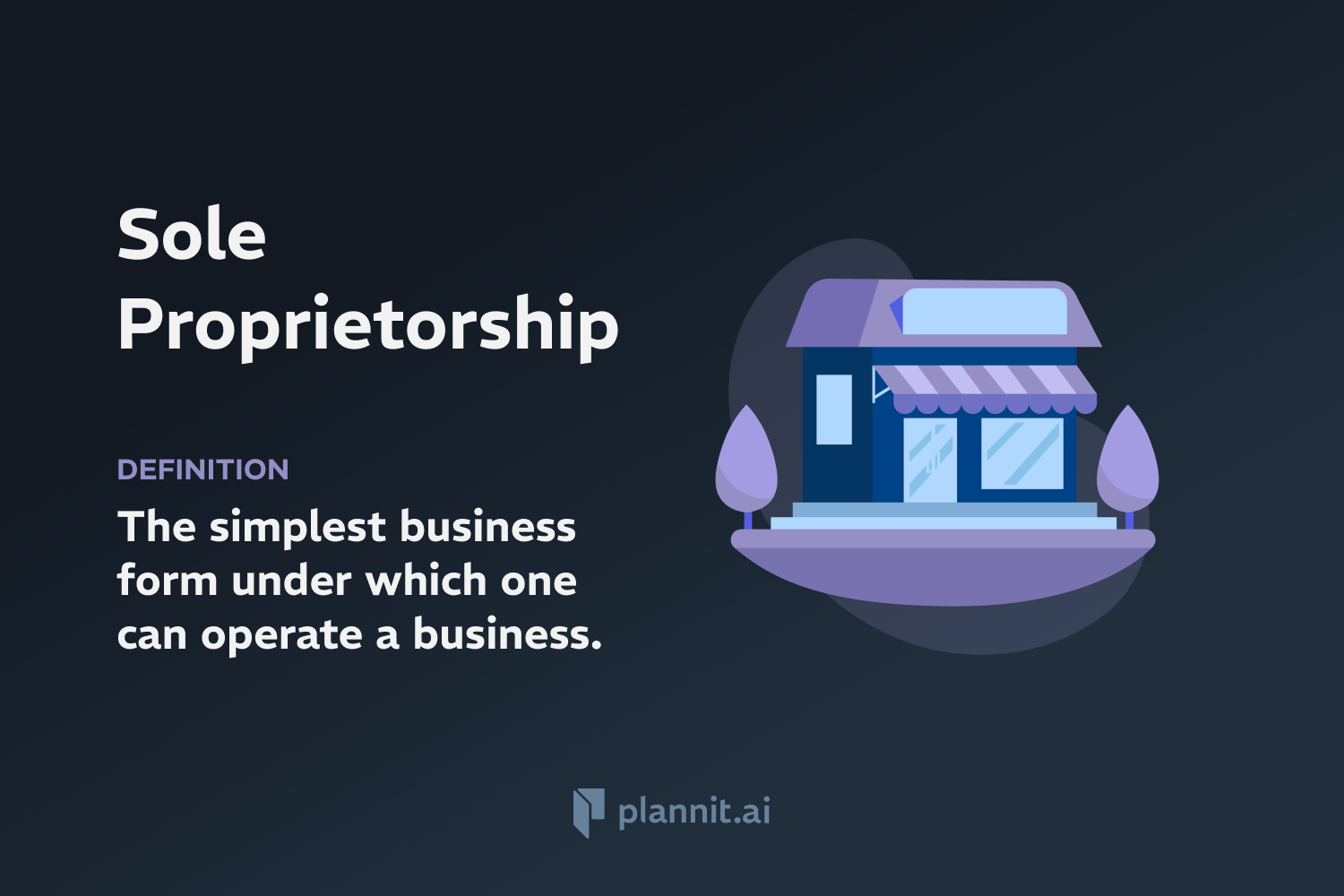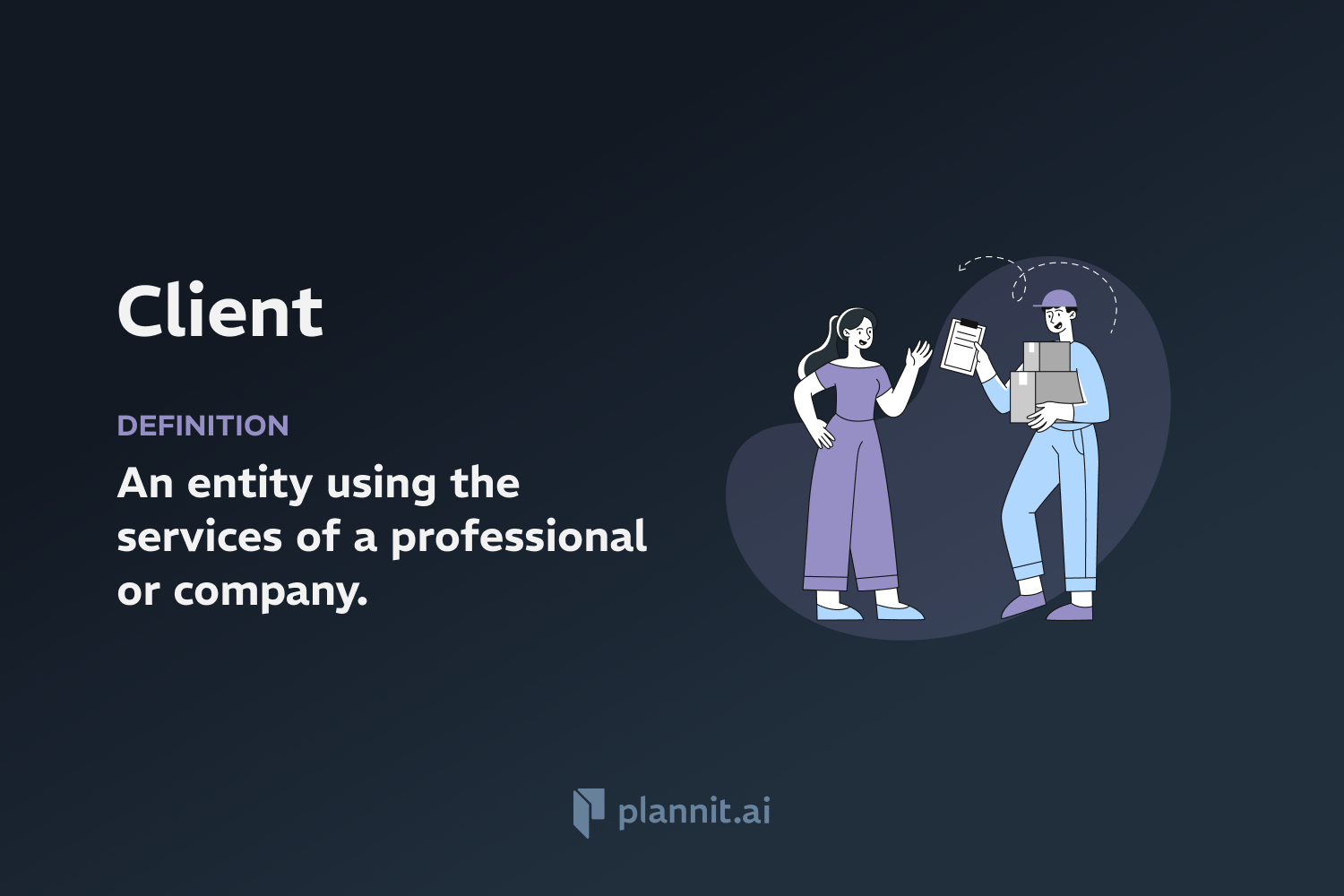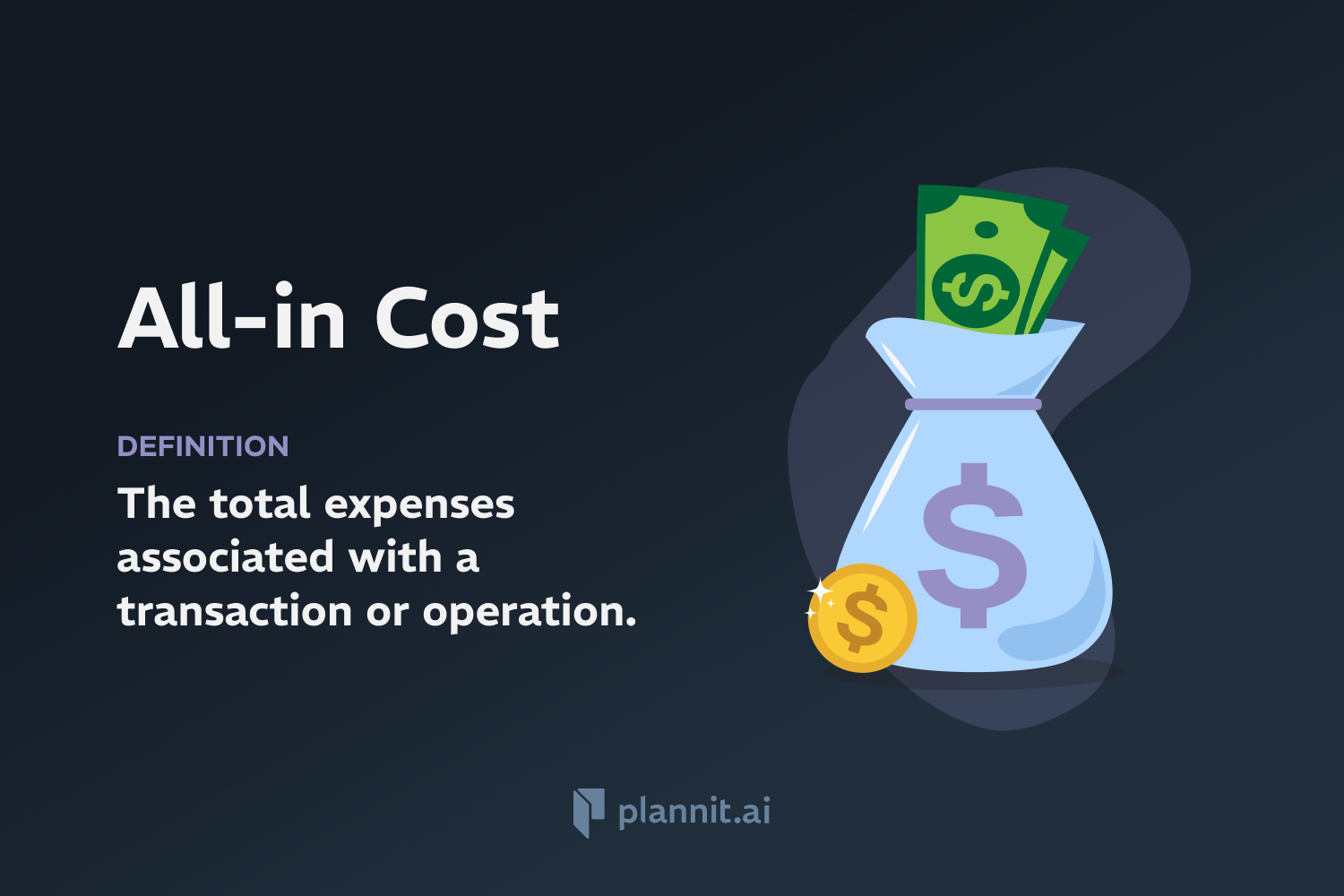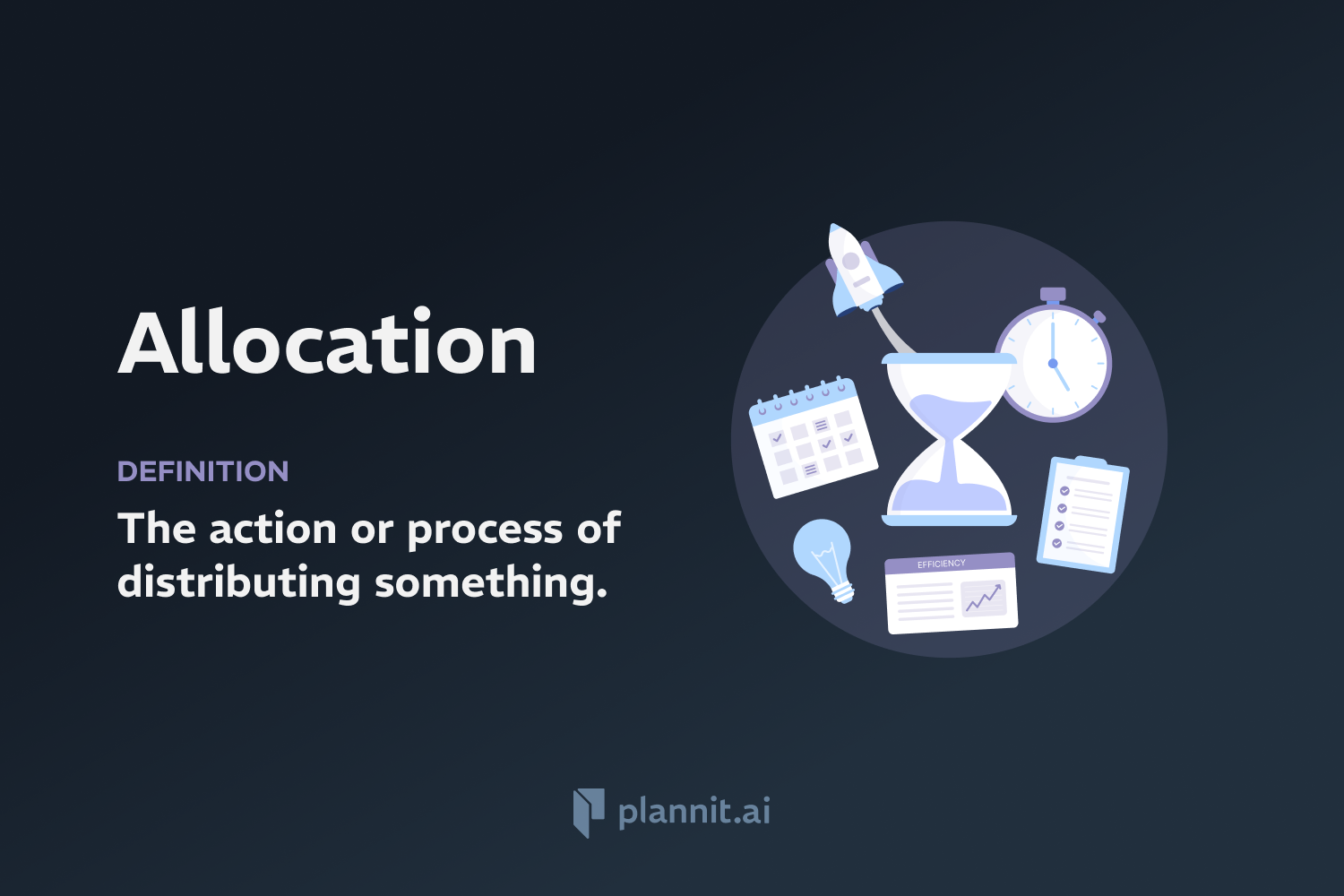Need Help With Your Business Plan?
Answer tailored questions and get a detailed business plan in minutes.
Sole Proprietorship: Definition & In-Depth Explanation

Definition:
Sole Proprietorship is the simplest form of business structure where a single individual owns, manages, and is personally responsible for all aspects of the business. This structure does not create a separate legal entity; therefore, the business owner is liable for all business debts and obligations.
Context of Use:
Sole proprietorships are common among small business owners, freelancers, and consultants across various industries. They are particularly popular due to their simplicity, ease of setup, and minimal regulatory requirements.
Purpose:
The main purpose of a sole proprietorship is to provide an easy and low-cost option for individuals to own and operate a business, giving them complete control over all decisions and profits.
Example:
Freelance Graphic Designer: Operates as a sole proprietor, handling client projects independently and taking full responsibility for the business finances.
Local Bakery Shop: Owned and run by one person who manages all operations, from baking to customer service.
Related Terms:
Personal Liability: The legal responsibility of the business owner for all debts and legal actions against the business.
DBA (Doing Business As): A declaration used by sole proprietors who want to do business under a name other than their personal name.
Self-Employment Tax: A tax consisting of Social Security and Medicare taxes primarily for individuals who work for themselves.
FAQs:
1. What are the advantages of a sole proprietorship?
A: Advantages include complete control over business decisions, simplicity of operating, and ease of formation and dissolution.
2. What are the disadvantages of a sole proprietorship?
A: The main disadvantages are unlimited personal liability for business debts and challenges in raising capital.
3. How is a sole proprietorship taxed?
A: Income and expenses from the business are included on the owner’s personal tax return, and profits are subject to self-employment taxes.
4. Can a sole proprietor hire employees?
A: Yes, a sole proprietor can hire employees, but they remain fully responsible for all aspects of the business, including any obligations related to employees.
5. How can a sole proprietor protect personal assets from business liabilities?
A: Sole proprietors can opt for insurance policies like professional liability or business owner’s policies to help protect personal assets.
Get funding with a business plan that will impress investors.
Starting a New Business?



